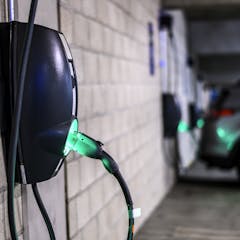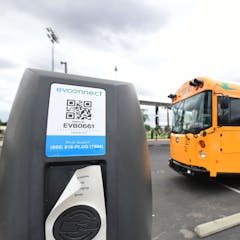
Articles on Air pollution and health
Displaying 1 - 20 of 37 articles

Sports activities can expose you to pollutants that are hazardous to your health.

Serious air pollution is a common problem in stations around Australia and the world. But solutions already exist, and some can be applied immediately to protect station staff and commuters.

The longest-running study of its kind reviewed death records in the path of pollution from coal-fired power plants. The numbers are staggering − but also falling fast as US coal plants close.

Reducing air pollution is one of the best investments for Australians’ health, the environment, the economy and social equity. But achieving cleaner air requires a new approach from government.

One day we’ll look back in amazement that wood heaters were once tolerated in cities right next to houses, schools and hospitals.

Be prepared. Download an air quality app, stock up on respirators and stay inside if you can.

In a systematic review of existing studies, researchers found that air pollution such as fine particulate matter can interfere with regions of the brain responsible for emotional regulation.

Reducing air pollution from cars and light trucks would pay big health dividends for low-income and minority communities. A new survey shows how to get more drivers of color into electric vehicles.

Natural gas has been marketed for decades as a clean fuel, but a growing body of research shows that gas stoves can contribute significantly to indoor air pollution, as well as climate change.

They look like conventional school buses, but electric versions are cleaner, quieter and cheaper to maintain. States, utilities and federal agencies are helping school districts make the switch.

Savanna grasslands are burnt early in the dry season to reduce the chance of large fires later. But it’s making air pollution worse.

The court ruling that it’s a constitutional right to have clean air highlights the fact that South Africa needs to improve air quality urgently.

To improve air quality, a combination of efforts is needed including reducing Eskom’s emissions, investing in cleaner sources of energy, and reducing emissions.

The number of people using mainly polluting fuels in sub-Saharan Africa is rising at an alarming rate and is due to exceed 1 billion people by 2025.

Fine particles in air pollution contribute to the deaths of 36,000 people each year in the UK.

Smoke has long cast shadows across the skies in the northern hemisphere. Our aversion to smoke has influenced the way we’re willing to deal with the rising risk of wildfires.

The inability to curb road accidents in Ghana is tied to colonial and neocolonial legacies.

Governments can align their policies to tackle both climate change and post-pandemic recovery.

Among the human rights under threat are the rights to life, health, food, a healthy environment, water, an adequate standard of living and culture.

South Africa hasn’t successfully developed institutional capacity and the government skills to manage industrial risks to communities and the environment.
